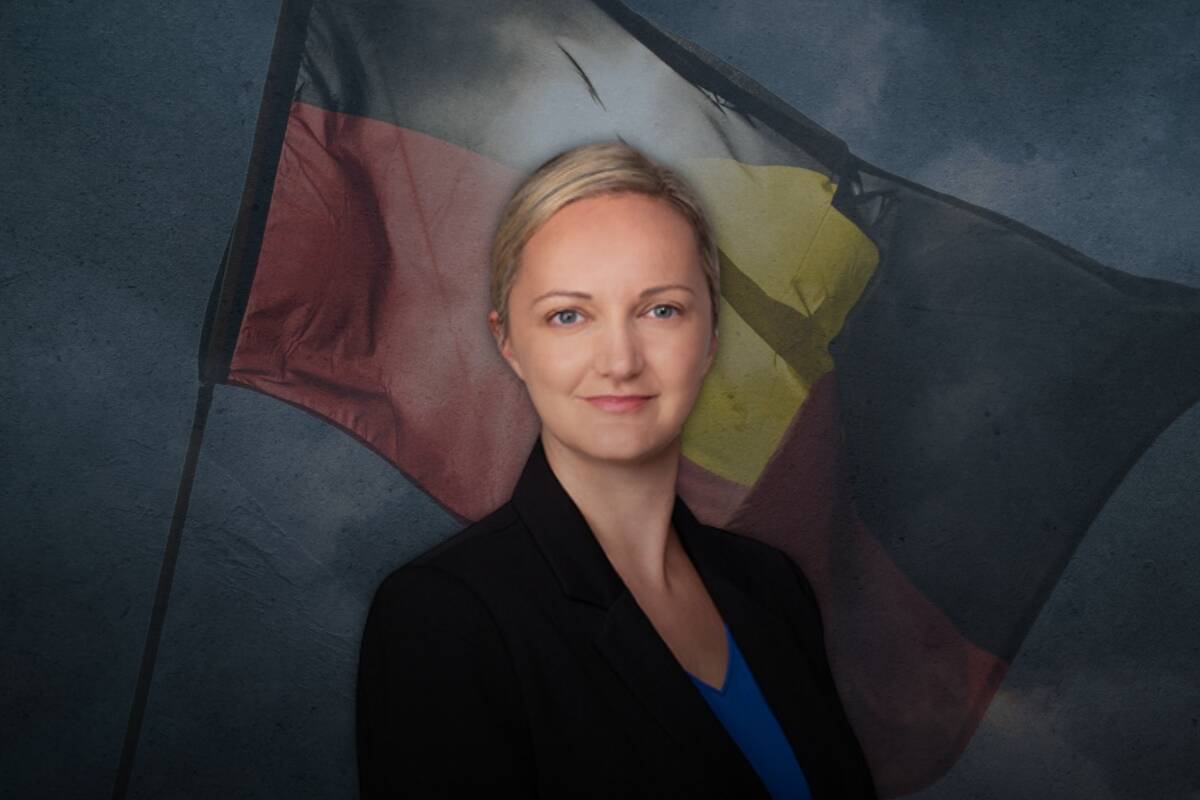
Controversy Ignites Over Barrister’s Refusal to Acknowledge Traditional Owners
Recently, a Victorian barrister has found herself at the center of a heated debate after she chose not to acknowledge the Traditional Owners of the land during a meeting of the Victorian Bar Council. This decision, which has sparked considerable controversy, sheds light on the complex and often sensitive discussions surrounding cultural acknowledgments in Australia.
At every meeting of the Victorian Bar Council, it is customary for Georgina Schoff, a prominent figure within the council, to recognize and pay respects to the Traditional Owners of the land. This practice, aimed at honoring the Indigenous custodians of the land and their enduring connection to it, is seen by many as a significant gesture of respect and reconciliation. However, during a recent council meeting, one barrister opted to break with this tradition.
Also Read:- Controversy Surrounds Texas Attorney General Ken Paxton Amid Allegations of Politically Motivated Raids
- Irish Kickers Charlie Smyth and Jude McAtamney Face NFL Setbacks Ahead of 2024 Season
Instead of following the usual protocol, the barrister chose to acknowledge "all Australians," a move that was quickly met with backlash. Critics argue that this refusal to specifically acknowledge the Traditional Owners is a form of disrespect and even racism, undermining the efforts to recognize the unique and central role of Indigenous Australians in the nation’s history and present.
The barrister, however, defended her decision, stating that her intention was not to be disrespectful but to recognize the diversity of the Australian population as a whole. She emphasized that her acknowledgment of all Australians was meant to be inclusive, rather than exclusive or dismissive of Indigenous communities. Despite her explanation, the incident has ignited a broader conversation about the importance of cultural acknowledgments and the responsibilities of legal professionals and public figures in these contexts.
This controversy also raises questions about the role of such acknowledgments in public and professional settings. While some see them as essential for recognizing historical injustices and fostering reconciliation, others argue that they can be seen as tokenistic or even divisive if not approached with genuine understanding and respect.
In a multicultural society like Australia, where the legacies of colonization are still deeply felt, the way in which we choose to recognize and honor the First Nations people is of profound importance. The incident involving the Victorian barrister highlights the delicate balance between honoring Indigenous Australians and acknowledging the broader population, a balance that can be challenging to navigate.
As discussions around this issue continue, it is clear that there are no easy answers. What is certain, however, is that the actions and decisions of public figures like this barrister will continue to be scrutinized, especially when they touch on issues as sensitive as cultural acknowledgment and reconciliation. The broader implications of this incident serve as a reminder of the ongoing need for dialogue, education, and understanding in addressing the complex history and cultural dynamics of Australia.
Read More:

0 Comments